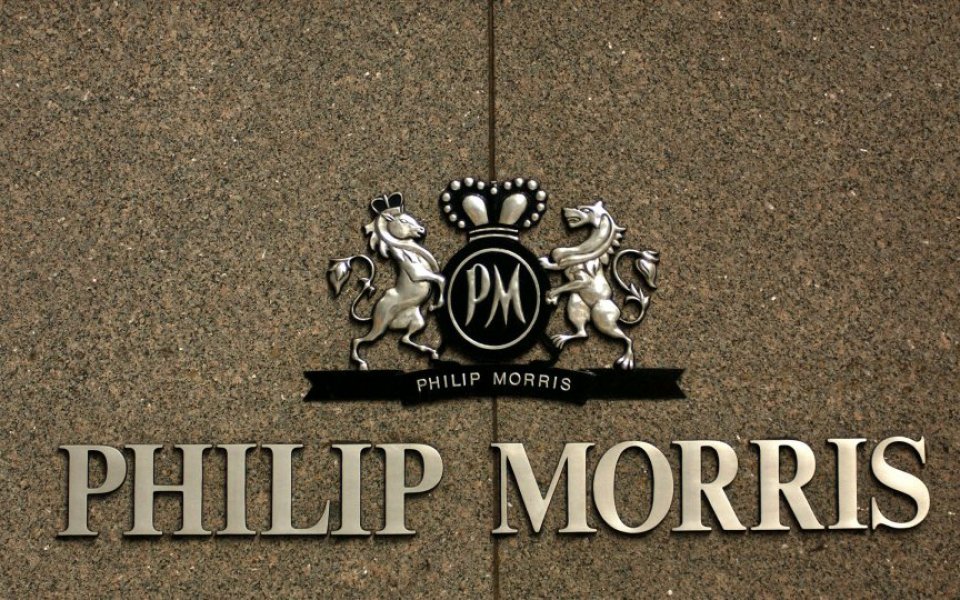Philip Morris’ share price rises as cigarette seller coughs up mixed results

Cigarette seller Philip Morris has missed fourth-quarter revenue expectations and signalled a low profit outlook for 2016.
Revenue for the quarter slipped 11 per cent to $6.39bn (£4.38bn), with revenue declining in every geographic region.
Chief executive André Calantzopoulos said: “Against a backdrop of improving industry volume trends in many key geographies, our cigarette brand portfolio performed superbly, driven by solid market share gains.”
In Europe total cigarette shipment volume was essentially flat, with declines in and the UK, Greece, and Italy largely offset by growth in France, Germany and Spain.
Earnings for the latest quarter fell to $1.25bn, from $1.61bn, a year ago.
The firm has poured $2bn into research and development since 2008 as it jumps on the electronic alternative to smoking bandwagon.
Philip Morris’s $80 iQOS smoking substitute is being rolled out around the world, marketed as an alternative to smoking and traditional e-cigarettes.
Calantzopoulos added: “We significantly expanded the roll-out of iQOS in Japan and introduced it into several new markets. We are well positioned to accelerate deployment in additional geographies this year.”
Read more: How Philip Morris International is trying to make smoking less risky for its customers
Major tobacco firms are in the midst of legal action in the UK against the UK government’s bid to remove all branding from cigarette packages.
Philip Morris, British American Tobacco, Imperial Tobacco and Japan Tobacco International are suing the British government for infringing their trademark and intellectual property rights with the upcoming plain packaging legislation.
Tobacco firms will be forced to sell their cigarettes in unadorned brown packs when the new rules come into force in May this year.
Logos will have to be replaced by images of the diseases smoking will cause.
The company’s third quarter earnings showed revenue down nine per cent to $19.4bn, and cigarette shipments down 1.5 per cent.
The stock has gained two per cent over the past three months, while the S&P 500 lost nine per cent.